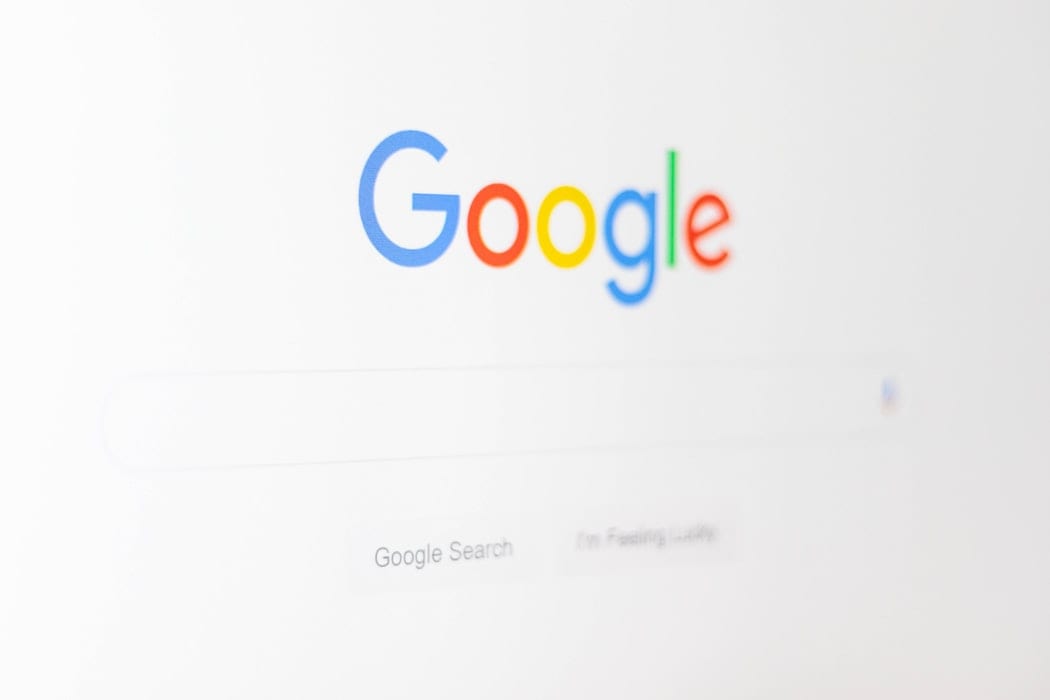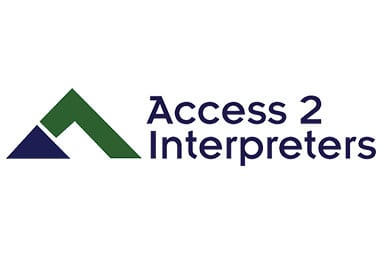Is Google Translate Accurate?
When it comes to Google Translate, it is undeniable that this program offers an ease of access and convenience that a traditional translation agency can’t. That being said, at Access 2 Interpreters, our Columbus interpretation company offers an accuracy that Google Translate could only dream of achieving. As it stands, Google estimates that their translation tool is around 85 percent accurate, but this number varies depending on the context of the conversation. While 85 percent fidelity may be acceptable in certain situations, it isn’t anywhere close to being accurate enough in a professional or business conversation.
Precision is a key component when it comes to a professional work environment. Every word matters, not 85 percent of them. If you are trying to translate a document, you’ll want to ensure that the piece of work is 100 percent accurate. Access 2 Interpreters creates the most rigorous screening and training program for translators to provide clients with the highest quality translation company in Columbus. The translators are also well versed in many areas, from healthcare and medicine to law and litigation.
If you are looking for a translation that is 100 percent accurate every time then you should seek professional translation services from Access 2 Interpreters’ Columbus translation agency.
All things considered, Google Translate is still a very effective tool to use in casual conversations between friends or strangers you meet on the street, but it isn’t the best choice for professional settings.
If two friends who speak different languages were trying to communicate, Google Translate would be a viable option. However, if you are trying to provide a client with a working document or other professional form, you want to be sure that you achieve 100 percent accuracy by choosing to go with a professional translation company.
At Access 2 Interpreters, our Columbus translation company can help. We offer translation services in over 50 languages, and can provide you with expert translation in a variety of industries, from social services to manufacturing. A2I believes that teamwork is the best approach for each translation project in order to ensure consistency, accuracy, and exactness. A teamwork approach also allows our Columbus translation agency to handle small and large projects. Access’ translation teams are comprised of translators and proofreaders who are native speakers of the target language and have superior knowledge of the source language.
Google translate is a great tool to use in casual social settings, but when it comes to professional settings, professional translation services are the only way to go. Fill out a Translation Request Form today to receive a free quote or contact us today to learn more. You’ll hear back promptly from an Access 2 Interpreters representative.



